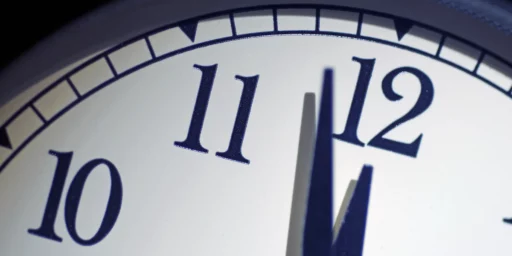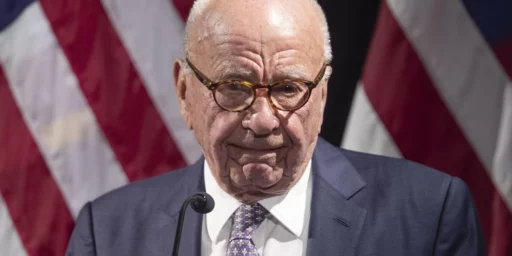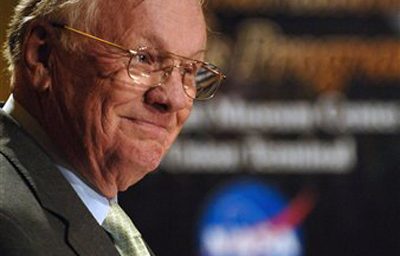America at 400
USA Today notes that something has been lost in the hubbub over Queen Elizabeth’s visit: The reason she’s here.
America is 400 years old, if measured from the first surviving English settlement at Jamestown, Va., in 1607.
Now, I was born in Virginia. I moved back here five years ago. My dad grew up here. Both of us are even named “James.” But I can’t really get behind the notion that the founding of Jamestown marks the beginning of “America.”
If by “America” we mean “the United States,” then the beginning is the Declaration of Independence, or perhaps the fighting at Lexington and Concord. If we’re including the colonial phase, I’d start the clock with Columbus’ stumbling on the place and setting off European exploration and settlement. One could reasonably argue that, since we were established as a sovereign state by declaring — and ultimately securing — our independence from the British crown, that we should date our heritage only to the first English colony. But that was at Roanoke in 1585.
Both 1492 and 1776 have firm significance. Anything in between, though, strikes me as arbitrary.






Shouldn’t St. Augustene, Florida be the start point of “America”?
BTW, nice to meet you at the Reasonoid gathering. Did you find that Balko post where he called M113s “tanks”?
OT: Breaking news here (even before my own journals). I am not going to “the Orient” now, at least not with ‘stupid Raytheon’.
Good to meet you, too. Your mom will be pleased, if nothing else, on the breaking news.
I mostly agree, and I also agree that if we are going with first settlements, Jamestown doesn’t fit the bill either, the Spaniards had already begun to create colonies.
I figure 1492 marks the beginning of European influence in the Ameridas, and the Declaration of Independance pretty much marks the birth of the United States, anything else is just history.
European exploration and settlement of North America pre-dates Columbus by about 500 years.
My ancestors came over in 1690 or so, and it’s fun hitting the more annoying “American bluebloods” with that one at parties.
“So, your ancestor came over here in 1750, and took part in the Revolution? Fancy that. Newcomers, eh?”
I don’t know, I think the establishment of the first permanent Anglo colony in North America represents a founding of sorts. Perhaps its sort of Anglo-centric, but the U.S. has its origins in the British colonization of North America…no getting around that.
St. Augustine was founded by the Spanish in Florida, a territory that wasn’t part of the U.S. until the early 19th century. U.S. heritage really owes very little to the Spanish (although it does to the Hispanic…I’m making a distinction!), so I don’t think that founding is as central to our national identity as Jamestown.
Columbus was Italian, working for the Spanish, and never set foot in North America. He’s certainly important in the terms of the series of events that led to the establishment of the United States, but not the most important in my mind.
Maybe the Brits influenced the US a lot, but culturally those areas where the Spanish and French settled have a heavy influence from those cultures.
The Mississippi basin’s culture is much more French/Spanish/Acadian than it is British. And even now it has a very different cultural feel than Virginia or the Carolinas.
1607 marks the establishment of the Virginia colony, the oldest of the 13 original colonies that became the United States, so I think it’s an event worthy of commemoration. (Florida and the states formed within the Louisiana Purchase were acquired later and had significant non-British influences, and arguably had little to do with U.S. history until the 19th century.)
Why not 1865? That’s when the contradictions left in the Constitution were at least nominally laid to rest. Or any of a thousand arbitrary dates.